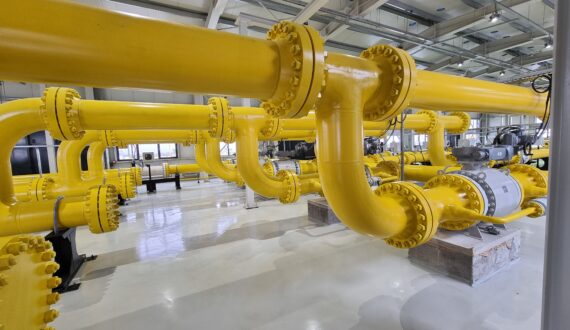Article published on agerpres.ro
“Energy is not a human invention and is part of the basic fiber of the universe, people trying since ancient times to domesticate it for their own benefit. In the first stage of industrial development, the basic resources for energy production were fossils (coal, It took more than 30 years to understand the effect that the use of these resources has on the environment by the release of carbon in the form of CO or CO2. Attention to renewable resources such as wind, solar, wave or even hydrogen energy dates back to the beginning of the 20th century.For reference only, in 2019 global primary energy consumption was as follows: 27% coal , 24% gas, 33% oil, 4% nuclear and 12% renewable, of which 7% is hydropower.Also to understand the pressure p What is the use of energy sources on the environment, we must take into account the evolution of total energy consumption between the 60s – about 40,000 TWh and the years 2020 – about 160,000 TWh, ie an increase of 400% of primary consumption. Corroborating with the data regarding the sources, we understand why the impact on the environment is a real problem “says Mr. Corneliu Bodea, CEO of Adrem
…
Whether we are talking about wind or solar energy, the connection (mandatory when we talk about electricity) between consumption and production makes it difficult to use them for a value that exceeds a maximum of 20-30% of total consumption. This reality has turned the subject of energy storage into the “star” of the field
t is difficult and painful to accept rising energy prices to allow the adoption of as many renewable sources as possible, especially since there are poor areas (only 50% of Africa’s population has access to electricity) where energy costs are a very high percentage. raised from the family budget. It is a measure of social responsibility to contribute to the energy-climate equation, and the pro-energy efficiency attitude is the most commendable, knowing that the most valuable energy is that saved from consumption.
Read the full article on agerpres.ro
New energy technologies - Combating climate change: from rescue action to the EU's main economic development mechanism







